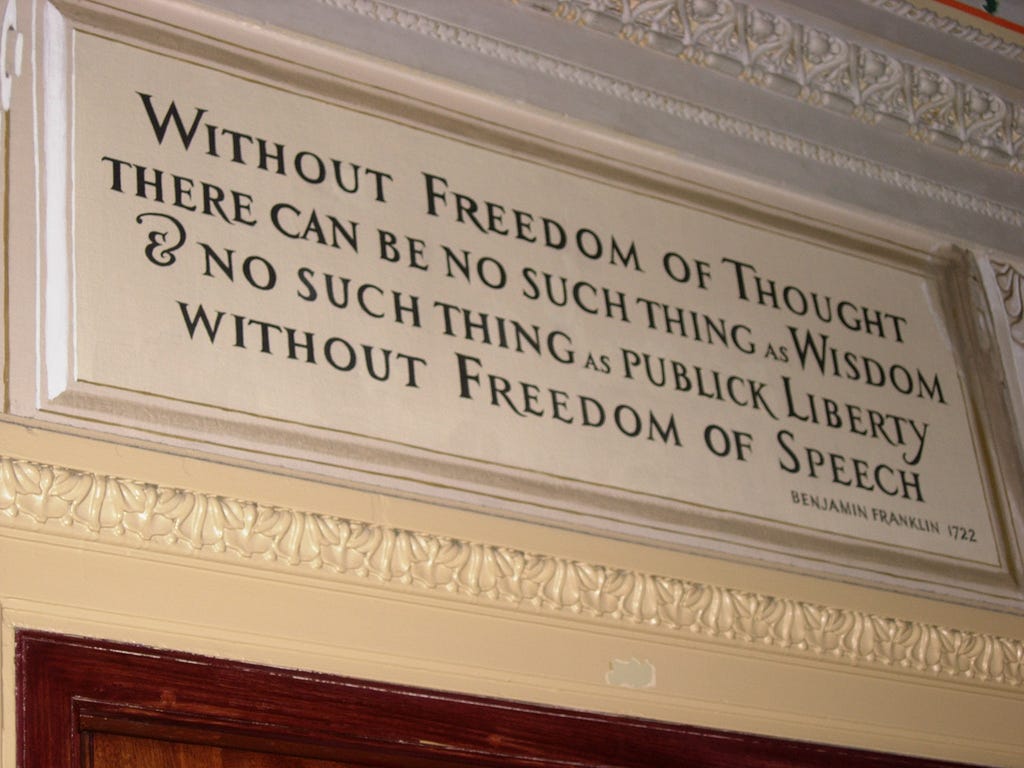Today is the Fourth of July. Megan, the girls, and I are leaving for my family's farm two hours away in Illinois. We have no huge plans - see the cousins, take a walk, grill some butterfly porkchops, set off some fireworks, listen to the corn grow. Reading online the weekly county paper, The Pike Press, we missed the big stuff of last week's fair anyway:
"Western Illinois Fair board president Rod Webel says he is pleased with the way the 2006 event went off. 'It was tremendous,' Webel said. 'I think we set a record for one day attendance on Saturday. We had a good turnout at the mud bog and then most of them stayed over for the school bus derby. I've been associated with the fair the last 10-12 years and I think it was a record breaker.'“
Mud bogs and school bus demolition derbies? A record breaker?
"Webel said final numbers won't be known until later this week. 'We're going to put some numbers to the events and see what worked for us and what didn't. We're always looking for new events,' he said. 'Something the crowd will like and we can afford to put on.'"
Today, July 4, we celebrate the freedom that protects our mud-bogging and school bus demolishing (though somehow, I'm not sure this is what the Founding Fathers had in mind when they pledged to each other "our Lives, our Fortunes and our sacred Honor"). Don't get me wrong: I'm grateful for the freedom we as Americans have in this country, but I'm also frightened by it at times. The above illustration is a silly but harmless one of what freedom protects, but what does freedom protect that isn't quite as harmless?
A few things come to mind: the right to free enterprise with no requirement (just an unfeeling tax incentive) to share with others; the right to procreate at will and then decide whether that procreation should live or die (based largely on the procreator's convenience quotient at the time); the right to free speech and being able to say whatever one wants about anyone and everything (regardless of the credibility of who might be speaking and whether his or her points are even legitimate).
I think of the right we have to elect our government officials (even though most we have to pick from seem to enjoy more rights than they should); the right to pursue just about any and every scientific break-through we can acquire funding for (never mind whether we've considered the virtues and ethics as to if we should or not); the right to run after the religion of whatever god we desire (even the cold and supposed "non-religion" of humanism trying to outlaw religion altogether).
But never mind what freedom protects. What's important, after all, is that we have it, right?
Eugene Peterson, in his wonderful little book on Galatians called Traveling Light: Modern Meditations on St. Paul's Letter of Freedom, writes:
"The word 'freedom' is used with deliberate cynicism by many to disguise operations that are enslaving. It is also used carelessly and thoughtlessly by others so that it has long since lost connection with truths that root experience in reality. Shouting the word 'freedom' does nothing to bring about its reality. Labeling thoughts or actions as 'free' does not alter their actual nature. Freedom is not an abstraction, and it is not a thing. It is a gift and a skill. It is a gift that another provides; it is a skill that must be exercised by each person within the learned limits of reality. If we would understand freedom, we must be taught; if we would acquire freedom, we must be trained."
Freedom is a great thing, no question, and here in America, we experience more of it than any other country in the world. For this we should be grateful, as it is the gift of God and a credit to our Founding Fathers (though don't make the mistake of unequivocally aligning the two - most of the signers of the Declaration were deists).
America's problem is not freedom; our problem is what freedom protects. With a government "of the people, by the people, for the people," "we the people" tend to get what we deserve.




